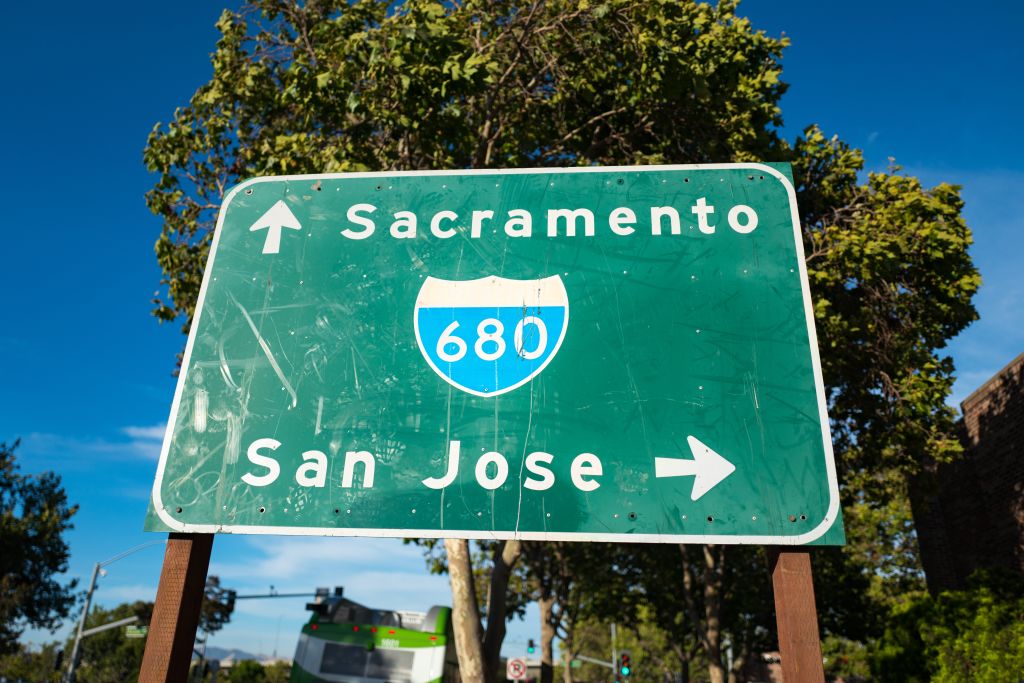Booster, GasNinjas and Filld are a few of the on-demand gas fueling businesses that have emerged in recent years, each promising to make life more convenient than the convenience store itself.
A few clicks on an app telling them your preferred time of delivery, location and car details — and voilà. The gas man appears.
Whether it was fueling stations' rising real estate and operation costs, lack of innovation or its inability to scale-up, Filld's president and CEO Michal Buhr said there were a number of reasons for a disruption to the automobile industry.
"The average consumer goes to the gas station every seven to eight days, and they don’t do it because they want to," Buhr said. "They do it because they have to. We have the ability here to completely remove that stress and do it in a far more convenient and cost effective way than you can today."
The company announced $9.65 million in new funding Tuesday, more than doubling its total budget in preparation for a major expansion.
Some of its expansion will be finalizing partnerships with car dealerships. The company says it is envisioning a one-time gas purchase, similar to a warranty, which would come with the purchase of a new car.
Skeptics Weigh In
Local
However, Jeff Lenard, vice president of strategic industry initiatives at the National Association of Convenience and Fuel Retailing is skeptical of a disruption on a mass scale. The association represents some of the roughly 150,000 fueling stations presently operating in the country.
"There are roughly 39 million fill-ups happening daily across the nation," Lenard said. "To disrupt the fueling industry, it would take something massive."
And he says the money just isn’t there yet — for the company or for the consumer.
"[Mobile fueling] is certainly more convenient," Lenard said. "The question is how can you make it affordable?"
Fueling stations make just a portion of their profits from fuel sales, according to Lenard. They also bring in revenue from food, car washes, cigarettes, liquor and other grocery items.
Mobile fueling companies don't sell those products. Instead, they charge a delivery fee, which Lenard says is keeping the service relatively exclusive to wealthy customers.
"If people will drive past convenience stores looking to save an extra one or two cents per gallon, they won't pay an extra $6 delivery fee each time they need to fuel gasoline," Lenard said.
However, he notes the high interest coming out of Silicon Valley may change things in the coming years.
Making it Profitable
In Silicon Valley, there are a few ways companies have tried reducing its delivery fee and operating costs.
By offering it to tech campuses and other dense, commercially-zoned areas, Booster has been able to market its service as a company perk. It saves money by accessing many customers at once and in close proximity to one another.
Filld, which charges a $3 delivery fee per order, has been developing its routing technology similar to car-sharing services. It sends its drivers on a route optimized to reduce travel costs and says the more places it expands, the more it has saved.
"[Gas stations are] limited to the geography that they’re in and they’re limited to the number of consumers that can access that location, therefore they don’t get the economy of scale buying," Buhr said. "That limits their buying power and their ability to negotiate better fuel rates from the refinery that they’re buying from."
The company is currently working with Bentley Motors, Volvo, Car2go and Enterprise Rent-A-Car and expects greater buying power to come from future expansion.
Fueling Services Nationwide
The company says it wants to be the nation’s leading retail fuel provider and is eyeing the changing fueling market nationwide.
"In the last 10 years, the number of gas stations is down by 25 percent, but when you look at the major metros, like even San Francisco, they’re down by almost 40 percent," Buhr said. "And that’s just going to continue."
The company has already expanded into areas like downtown Vancouver, Canada, which saw its second to last gas station disappear earlier this year to a new housing development. And he says they're exploring options in other areas where access to gas stations remains tricky.
"You’ll see us in the more densely populated areas first, but we absolutely see it spreading out to even more rural areas," Buhr said. "Probably not in the next year, but two years from now? Absolutely."
If its expansion proves convenient for the masses — and profitable — the automobile industry may be listening.
"If this evolves, it’s not like we’re opposed,” Buhr said. "Convenience stores sell convenience. If someone does convenience better, it’s worth looking at adapting the business model."



